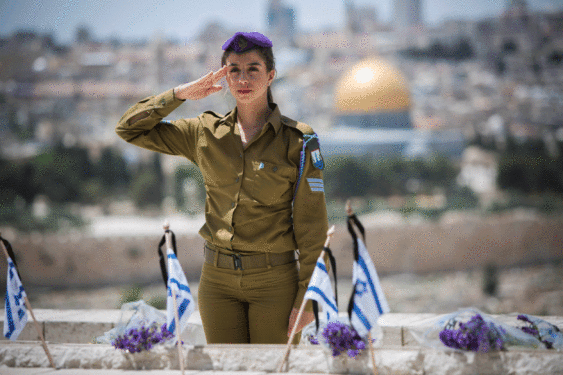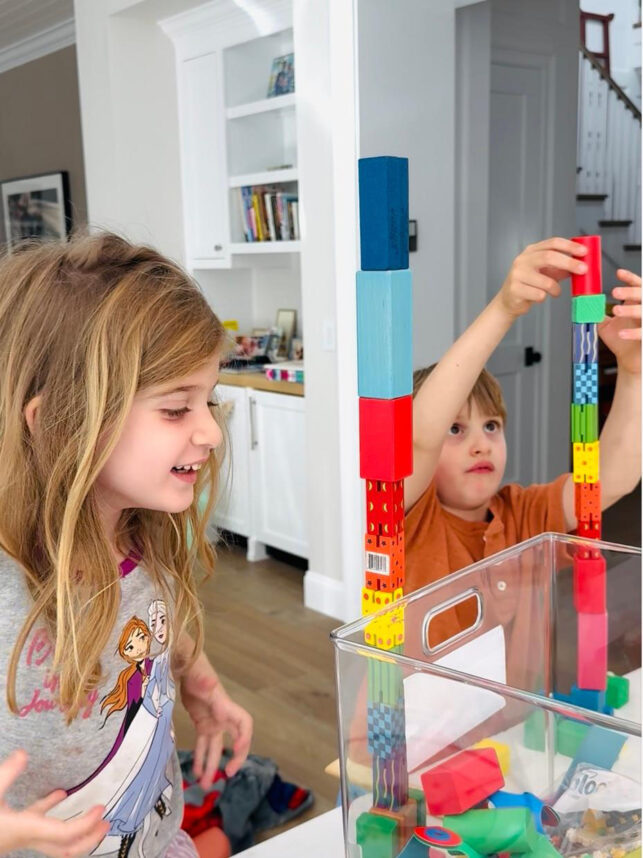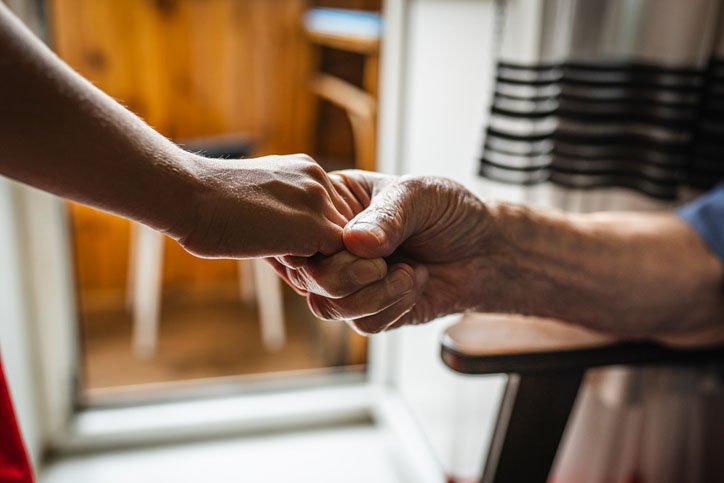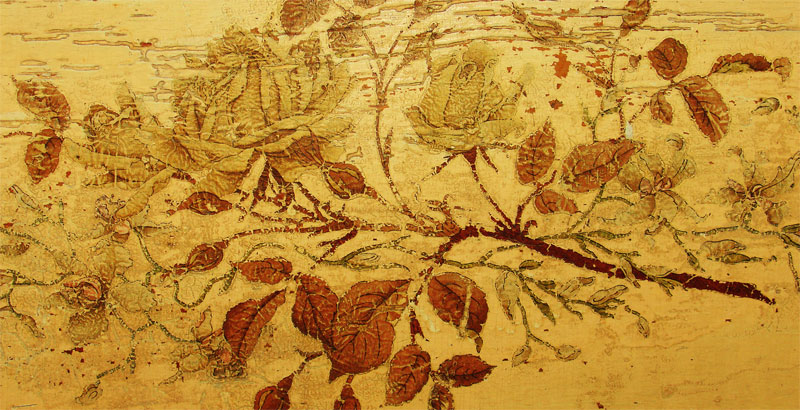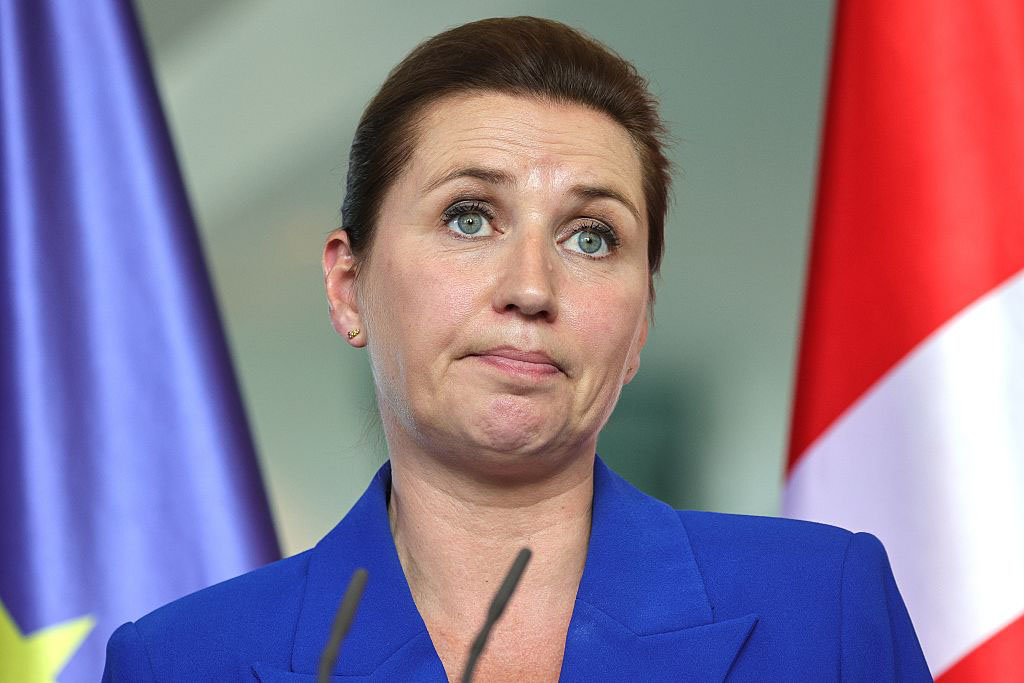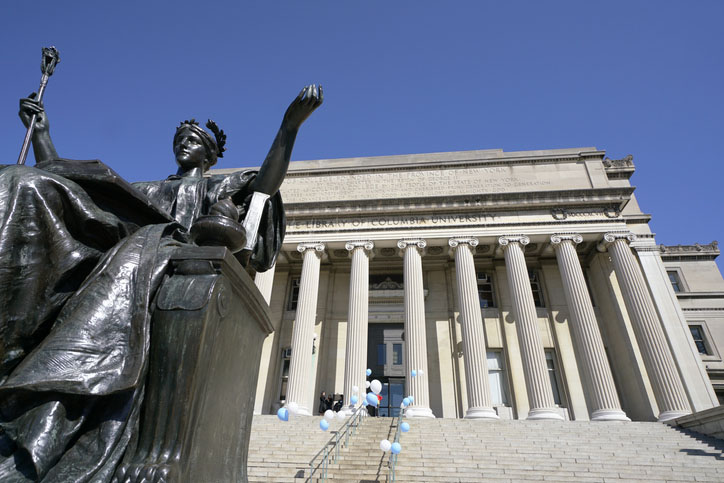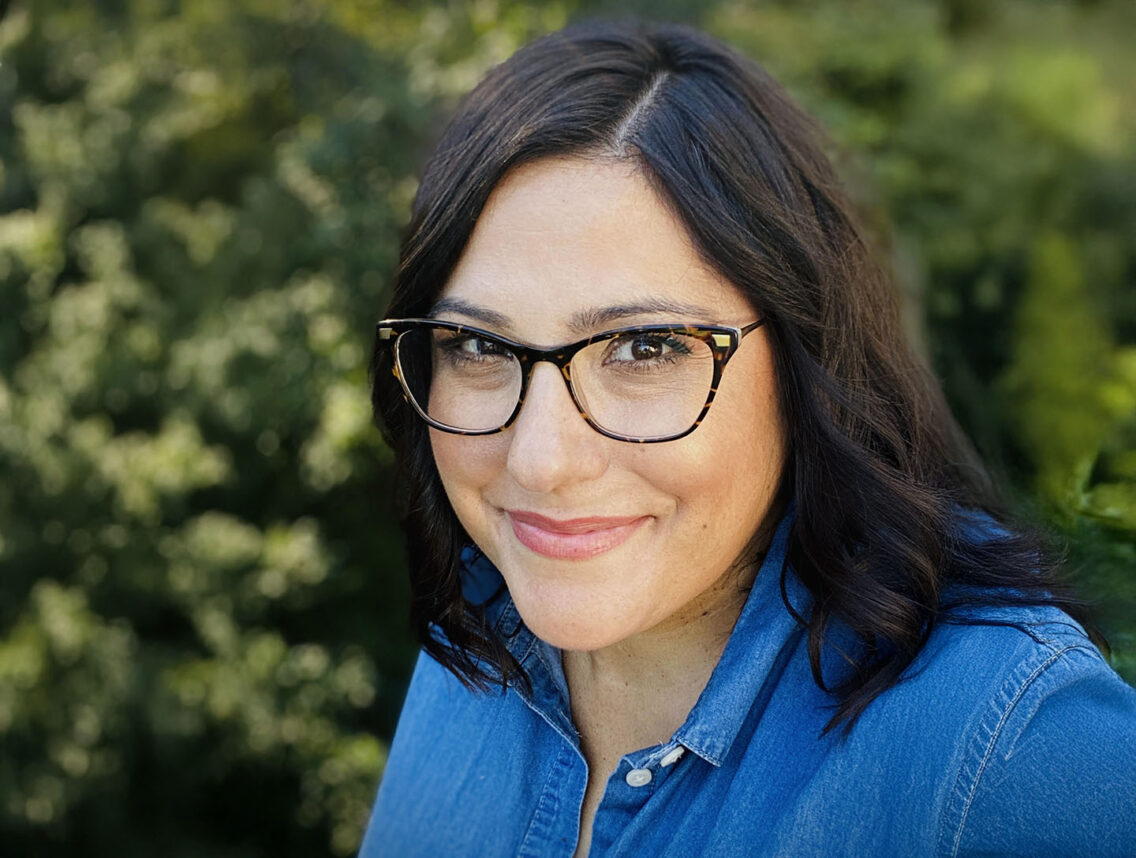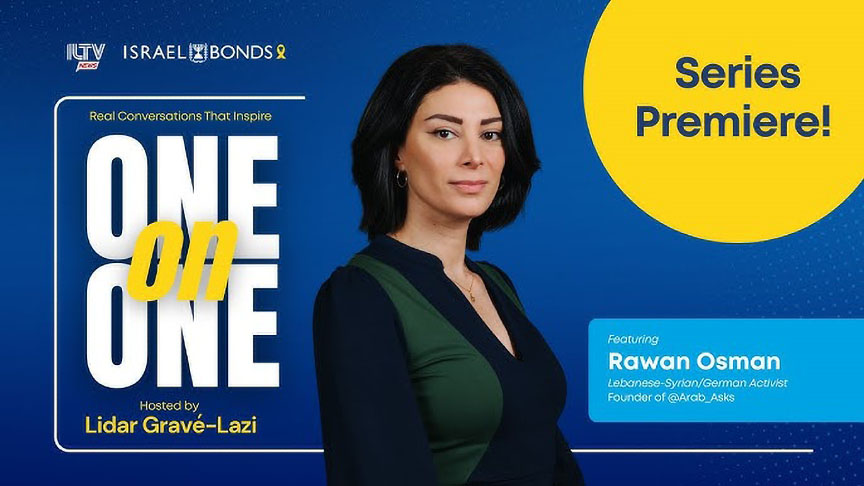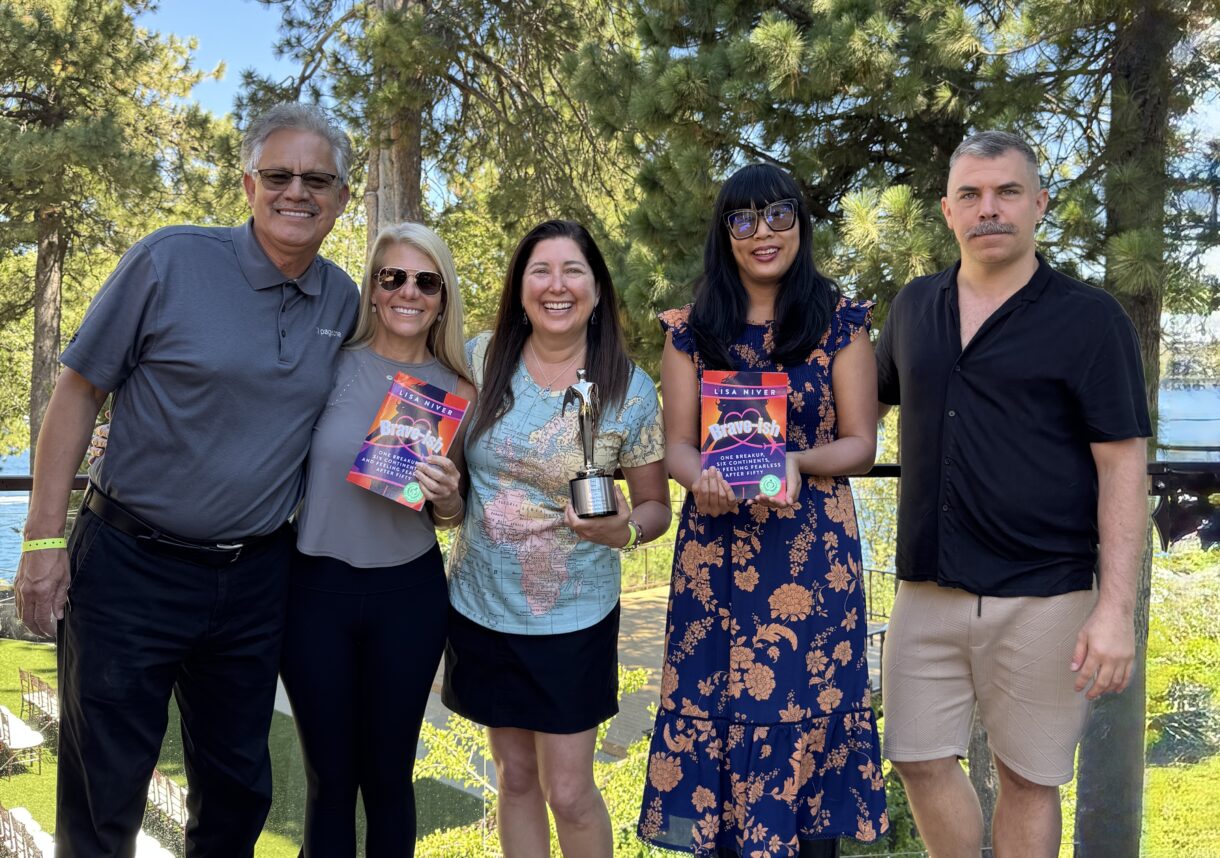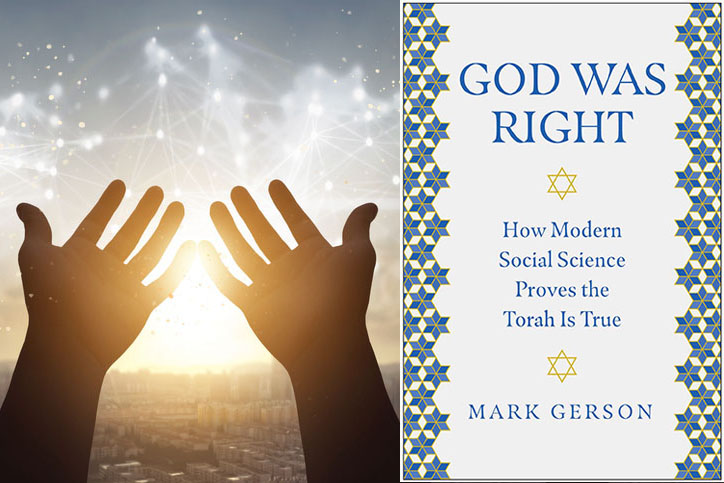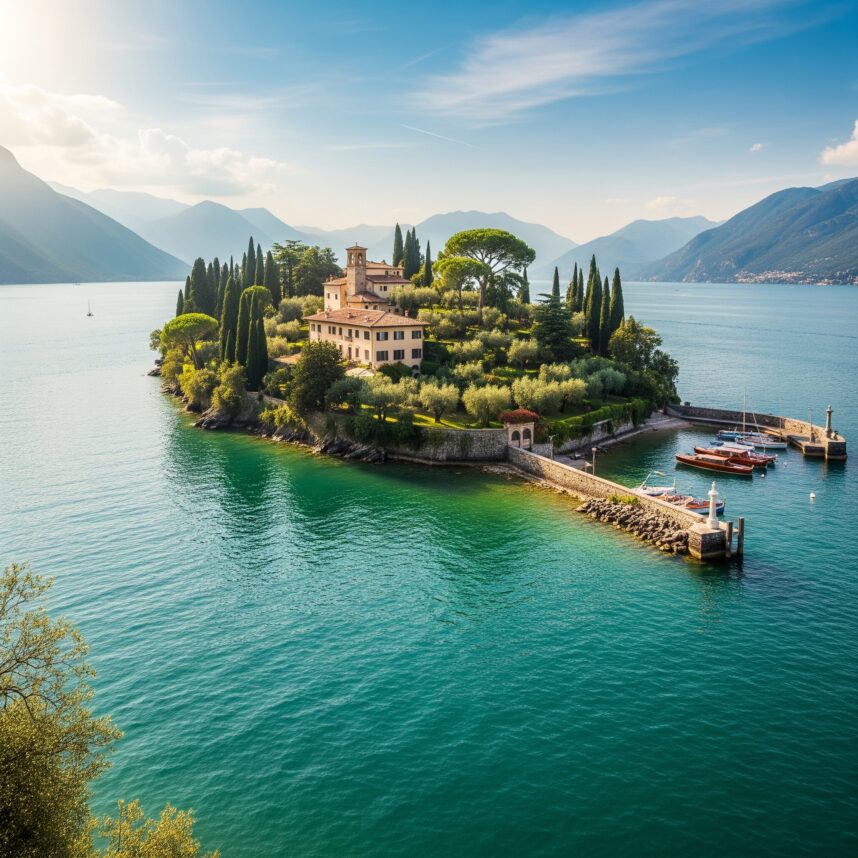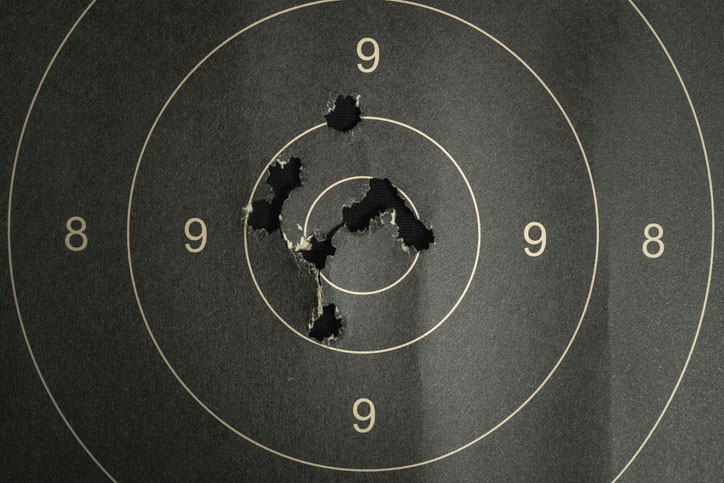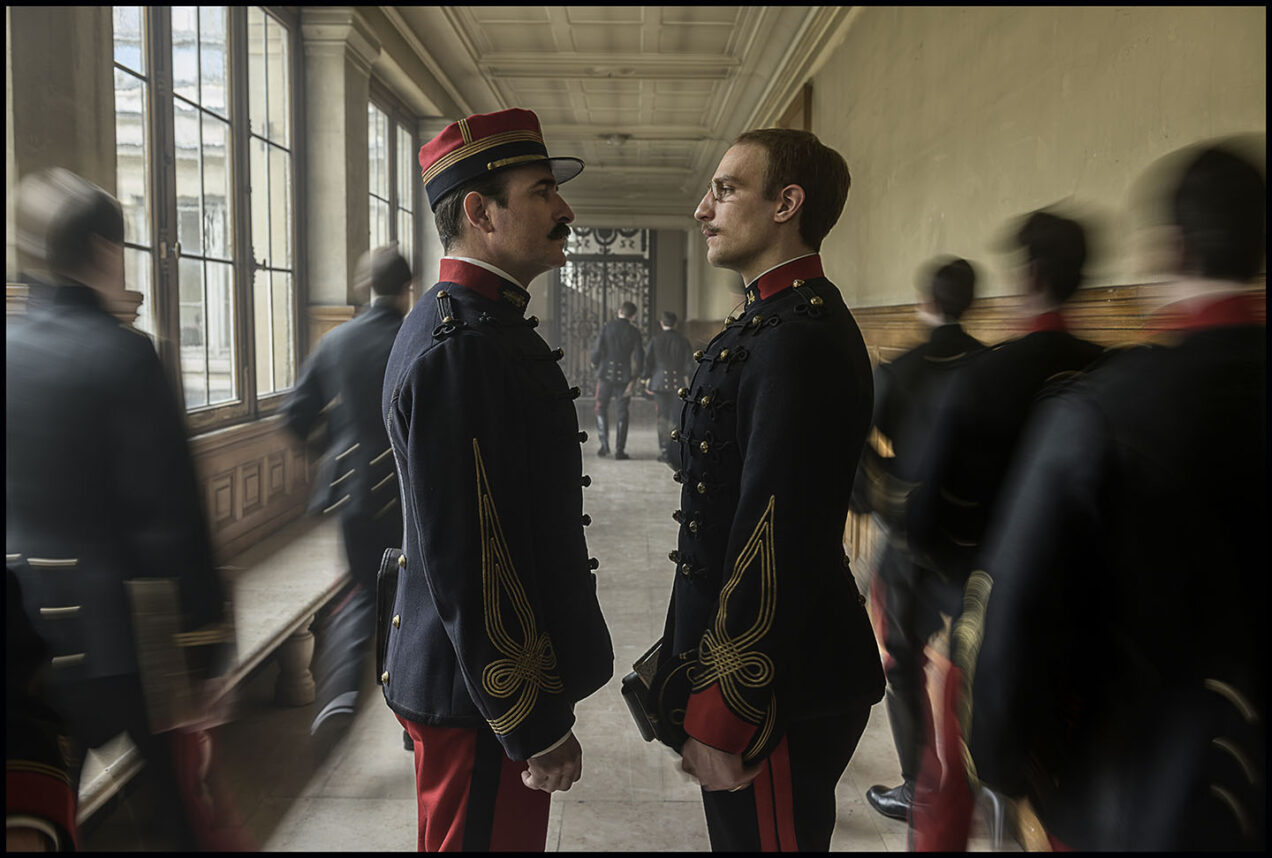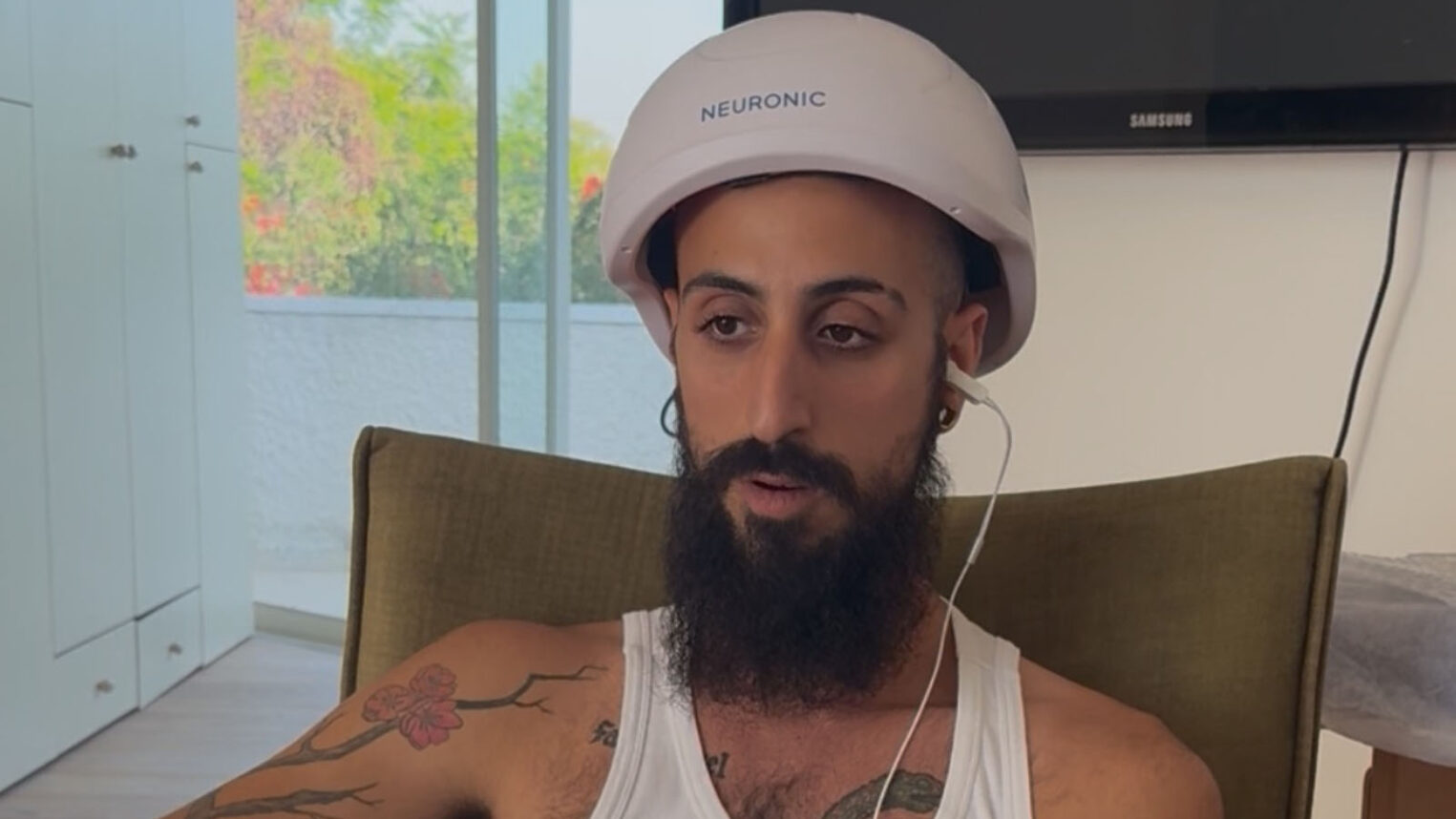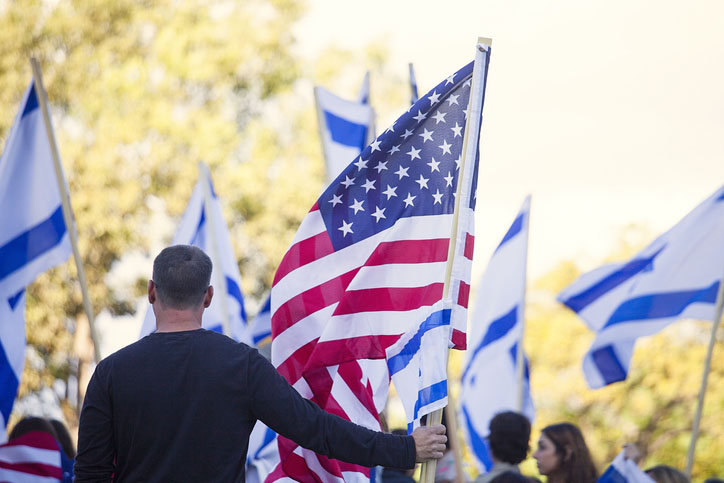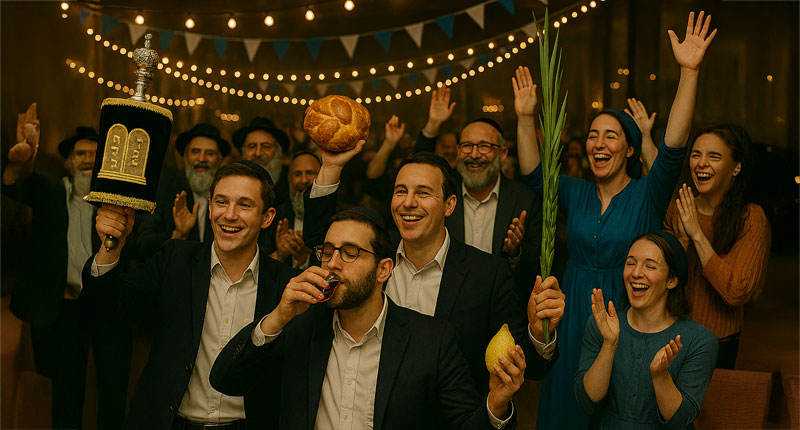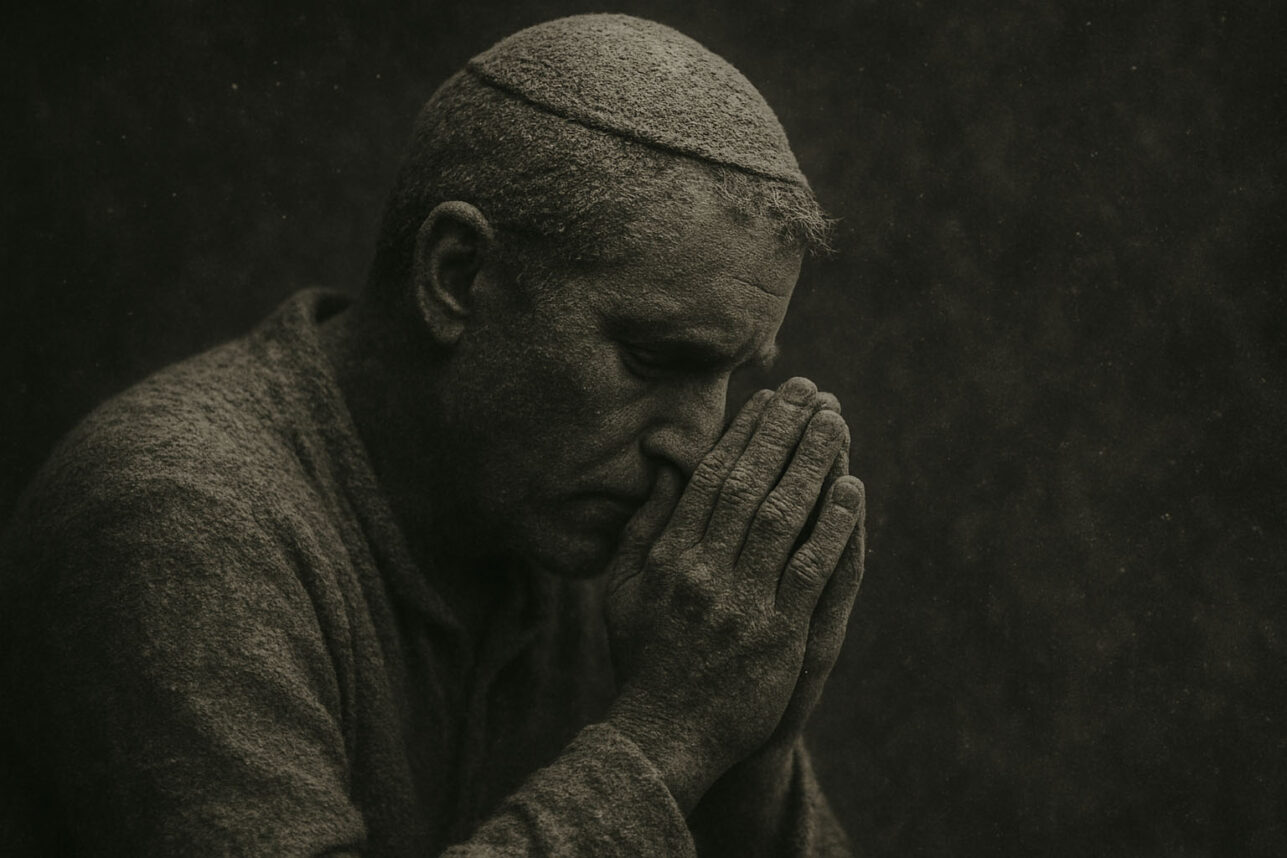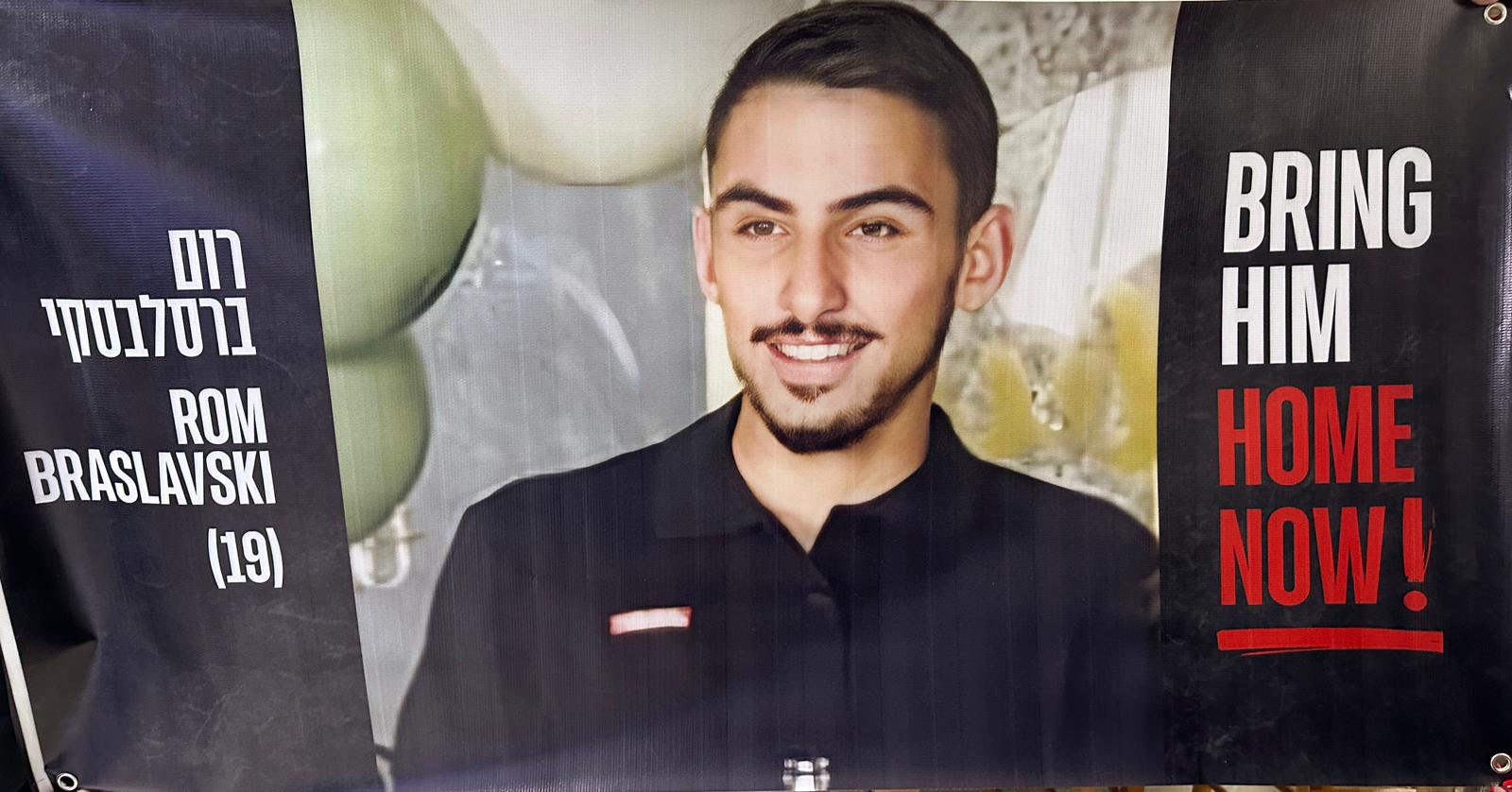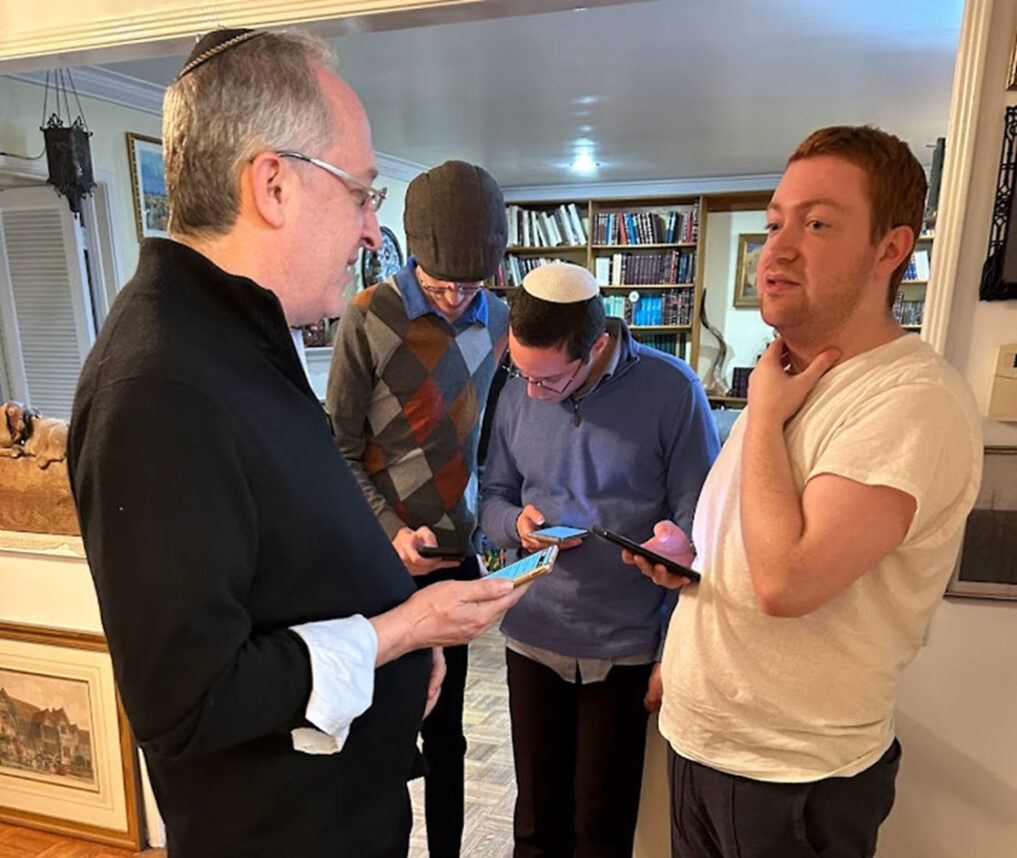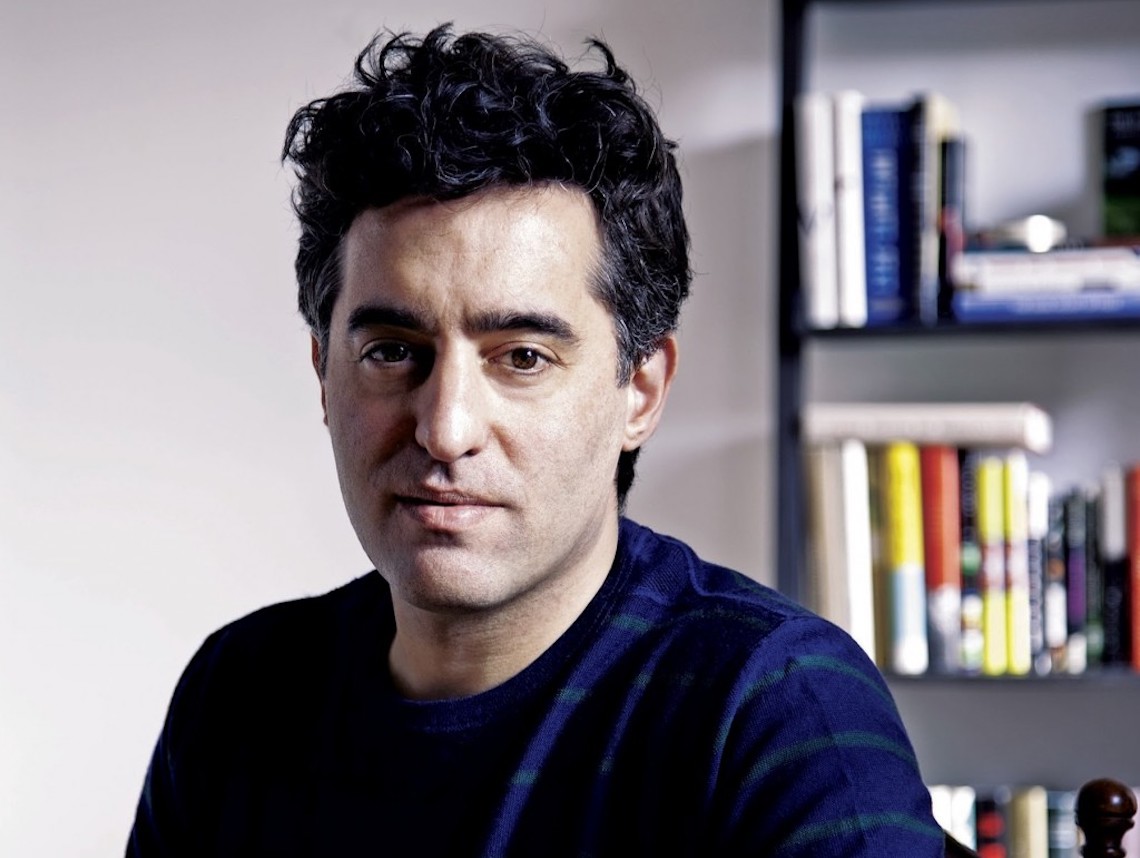
More words may have been written about the Israel-Palestine conflict than there are grains of sand at the beach, but to Nathan Englander there is still room on bookshelves for a novel that stirs the emotions and invites the empathy so often lost in the conflict’s polemics.
[MORE: Love story meets thriller over Englander’s ‘Dinner’]
“Dinner at the Center of the Earth,” the author’s fourth and latest book, is a political thriller that examines the conflict from the perspectives of a renegade Mossad agent, a young Palestinian activist and a multitude of characters swept up in the conflict’s moral vortex. Englander spoke with the Journal about the challenge of writing through controversy and his commitment to peace, now stronger than ever, in today’s fractured political landscape.
Jewish Journal: The Israel-Palestine conflict is among the most fraught and nuanced subjects for a novel. What compelled you to write about it?
Nathan Englander: I moved to Israel [from New York] in 1996 for the peace process, because I was just so excited for this brand-new day and peace in the Middle East. It sounds almost like a utopian vision now, but [peace] really was happening and really right there.
Over the years, the whole thing came apart. Peace between Israel and Palestine and the idea of a two-state solution fell apart, and now the opposite of progress continues to be made. I moved home [to the United States] sort of heartbroken about that in 2001.
For 20 years, I’ve always wanted to explore this conflict and my own internal belief in peace, because I don’t know what other position there is to hold. What I’ve watched over these last two decades is that the two sides separate more and more. Every day going by, every week, the people understand each other less. A physical wall has gone up — Gaza’s closed off, there’s a wall between the West Bank and Israel, there are roadblocks. Even though there was occupation and many of the same issues [in the past], people still mixed more. There was just so much more sharing of the daily life. To me, this book was a way to explore these notions of empathy on both sides.
JJ: What does this book add to the noise of opinions regarding the Israel-Palestine conflict? What’s the fresh angle?
NE: I don’t think it’s the writer’s job to give answers or to give opinions. In fact, when a writer has answers, I think the work ends up being corrupted. It becomes didactic. What a book does is share a consciousness and invite people to explore the questions as best as you can. This book is not my answer; it is my optimistic lament for lost peace.
Every book is vulnerable and every book is nerve-wracking, but I’ve never been both so excited and terrified to have a book coming into the world. It’s an expressly loaded subject, one on which you can’t win. Even with people on the same side — my editor was telling me about her sweet Israeli in-laws who both read the book and got into an argument over it. If all goes well, there will be arguments.
JJ: Did you have to change your writing style at all in handling such a nuanced topic?
NE: I was looking for a way to tell this story for a long time because I didn’t want it to be didactic or turn into a history lesson. Nobody needed a 500-page lecture from me on peace in the Middle East. Finally, when it came to me, it was such a departure from my other books in so many ways. It’s sort of like a literary thriller that’s also a metafictional historical novel that ends up being a love story that turns into an allegory.
I think in circles and speak in circles. When I wrote my first book [“For the Relief of Unbearable Urges”], I studied how to be linear and tell a story straight. This is my fourth book, and I was like, “I finally get to keep my circles,” because the conflict is so circular. Whichever way I start a sentence is going to upset someone — if I say, “Israel attacks Palestine” or “Palestine attacks Israel,” someone will be like, “They started first” or “No, they started first.” Who cares at this point who started first? It’s this endless, heartbreaking cycle that just happens again and again as if it’s new.
That’s why I wanted the book to swing from side to side. It’s not even two sides — I don’t think there are many sides when it comes to Nazis or neo-Nazis, where there’s only one side that’s functional — but there are two peoples here, and there are many sides among those peoples.
JJ: While you were writing, was your target audience Jews or non-Jews, or both?
NE: When somebody asks a variation of “Who do you write for?” I always feel like the writer got trapped into putting a form on something that has no form. Certain things are amorphous.
If a story is functioning, it better be universal. I can’t control how an Israeli will feel about the book, or a Palestinian or a left-wing person or a right-wing person. But if a story is working, it should travel across time, across space, across language, across gender, across belief.
JJ: You said in a 2012 interview with the Chicago Tribune that you feel strongly that Judaism is not your subject, your characters just happen to be Jewish. Is that still your position after writing a book about Israel?
NE: I still stand by that statement. I think it shows more about why it’s being asked than whatever my answer is. Nobody would take a John Updike book and say, “I want to give this to my Jewish friend, but can they read this?” Or they don’t say, “Oh, I love Voltaire, but my friend’s not French and he’s not dead and he’s not 300 years old, so can I give him ‘Candide’?” You just read a book. Some people tell me, “I love your book. Can I give it to my friend who’s not Jewish?” You wouldn’t ask that in the reverse.
Still, this is the book where I feel most like a Jewish writer because of what’s happening in this country right now. Now that some things [in American society] are being let out of the darkness where they belong, I claim [the Jewish label] that much more.
JJ: What is it exactly about current events that makes you embrace that niche label?
NE: A sign of democracy in danger is how our president keeps threatening journalists and tweeting disturbing photos about hurting journalists. The reason people get afraid of writing real, honest journalism and fiction, and the reason corrupted people and demagogues are afraid of journalism and fiction and poetry across the world, is because it is a subversive form.
Writing travels. You can enter into a world far different from your own and understand that there is a reality other than the one you have been spoon-fed. I grew up in a closed, religious, suburban world — I call it a terrarium or a bubble — and opening books just blew my mind open. It just opened universes to me.
JJ: How were you able to write Palestinian characters and understand a Palestinian’s perspective?
NE: It is hugely important to me what it means to identify, what it means to enter other cultures, what it means to co-opt. I’m not writing this book and pretending to be Palestinian. I do believe writing is a moral act, both your obligation to it and where it comes from.
But all I can tell you is that I write from the heart and put my whole heart and soul into each character equally. There’s no way to work if I am so limited.
JJ: The book’s dust jacket describes a “nice American Jewish boy from Long Island.” Is that an autobiographical character?
NE: One of the main characters is Prisoner Z, a boy from Long Island who joins the Mossad and ends up betraying it. There was a public story [in 2010] about a real Australian agent in the Mossad called Prisoner X, who was accused of being a traitor. I got to thinking what it would be like if someone like me had joined the Mossad.
I wanted to close in on what it would take for someone like me — someone who moves to a different country, who’s so ideological and so believes in what that country is about that they join its secret service — to flip on the ethical front. What could they hear or see or empathize with the other side that would cause them to turn on their own?
JJ: How have your attitudes toward the Israel-Palestine conflict changed over the course of writing this book?
NE: Oh, God. I can’t tell you how much, over time, my views have changed. It’s been a long evolution of ideas based on experience, and this book was a way for me to re-ponder and re-explore my positions on a million fronts.
It’s impossible for [young people] to have a memory when peace was really happening and on the horizon. It was over when [their] life began. Two-state seems impossible now, and peace between Israel and Palestine seems a ridiculous notion. That’s something I refuse to let go of, and if you think that’s a romantic notion or a naive notion, I don’t know what better idea anyone has.
But I can tell you, if it keeps building toward extreme conflict, someone’s going to win. Maybe that’s the point of the book — to say, “We should really make peace, because without it, someone is gonna win.” And I don’t understand why we wouldn’t want both peoples to have bright and open and hopeful futures.








